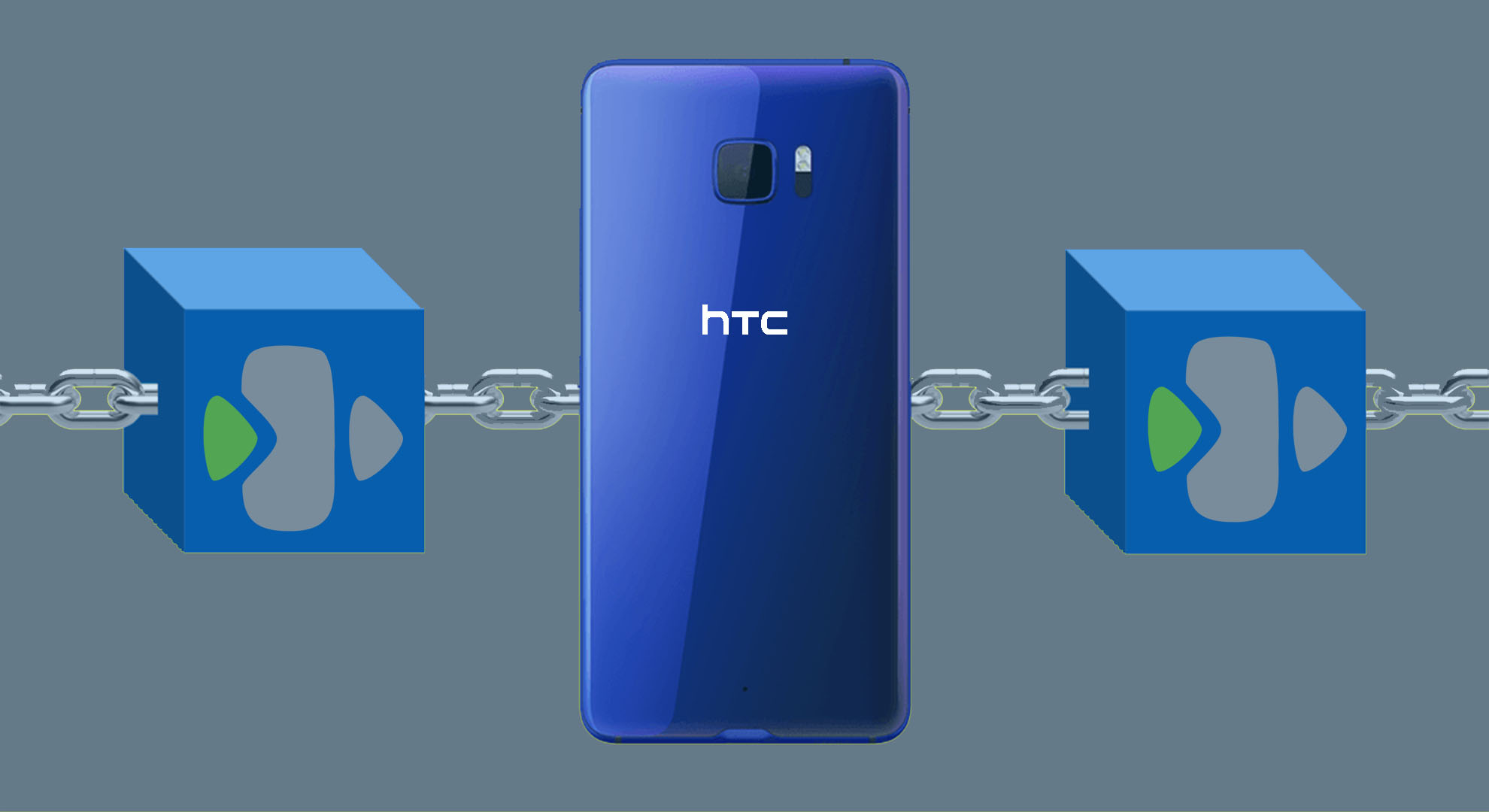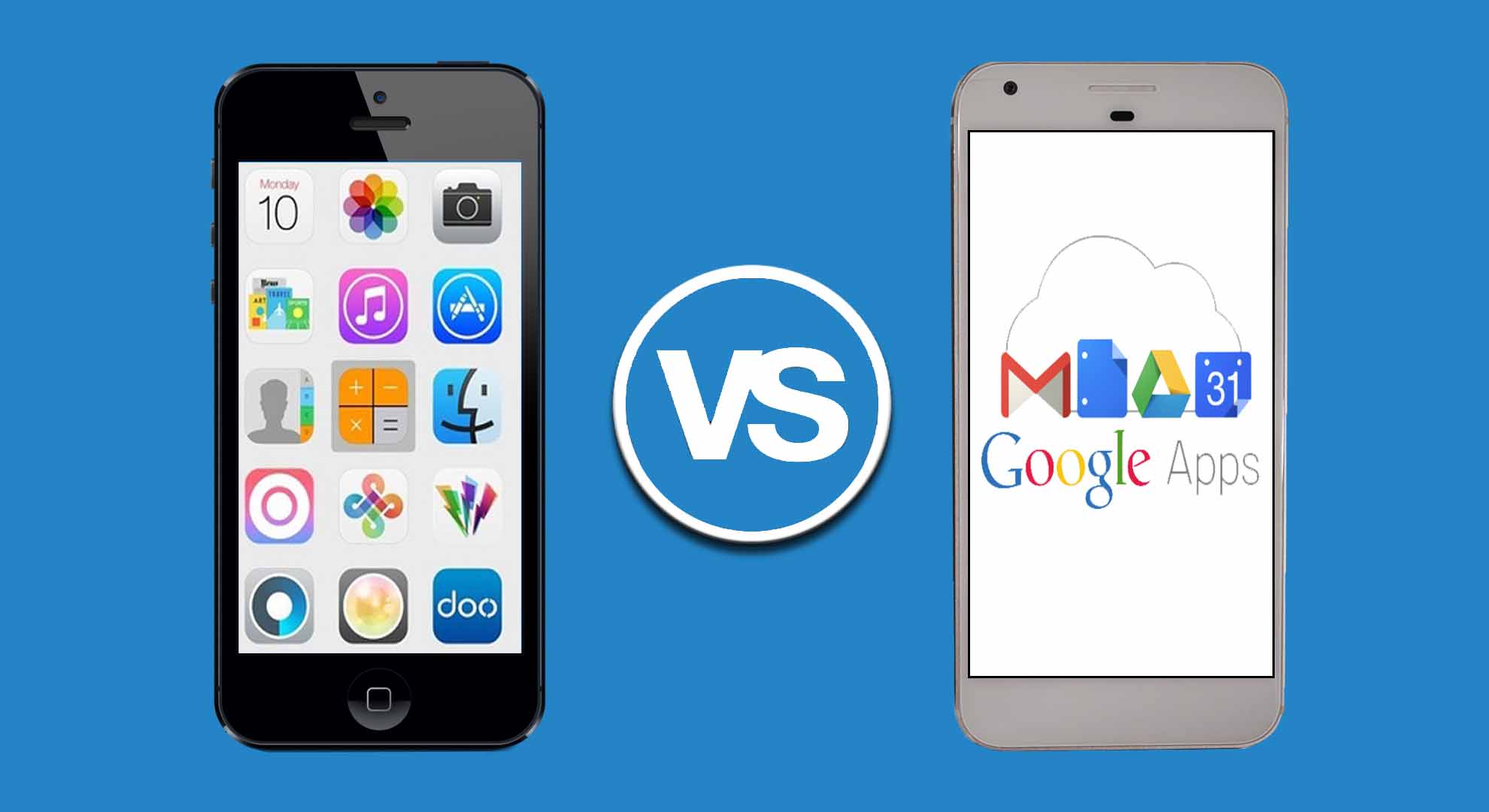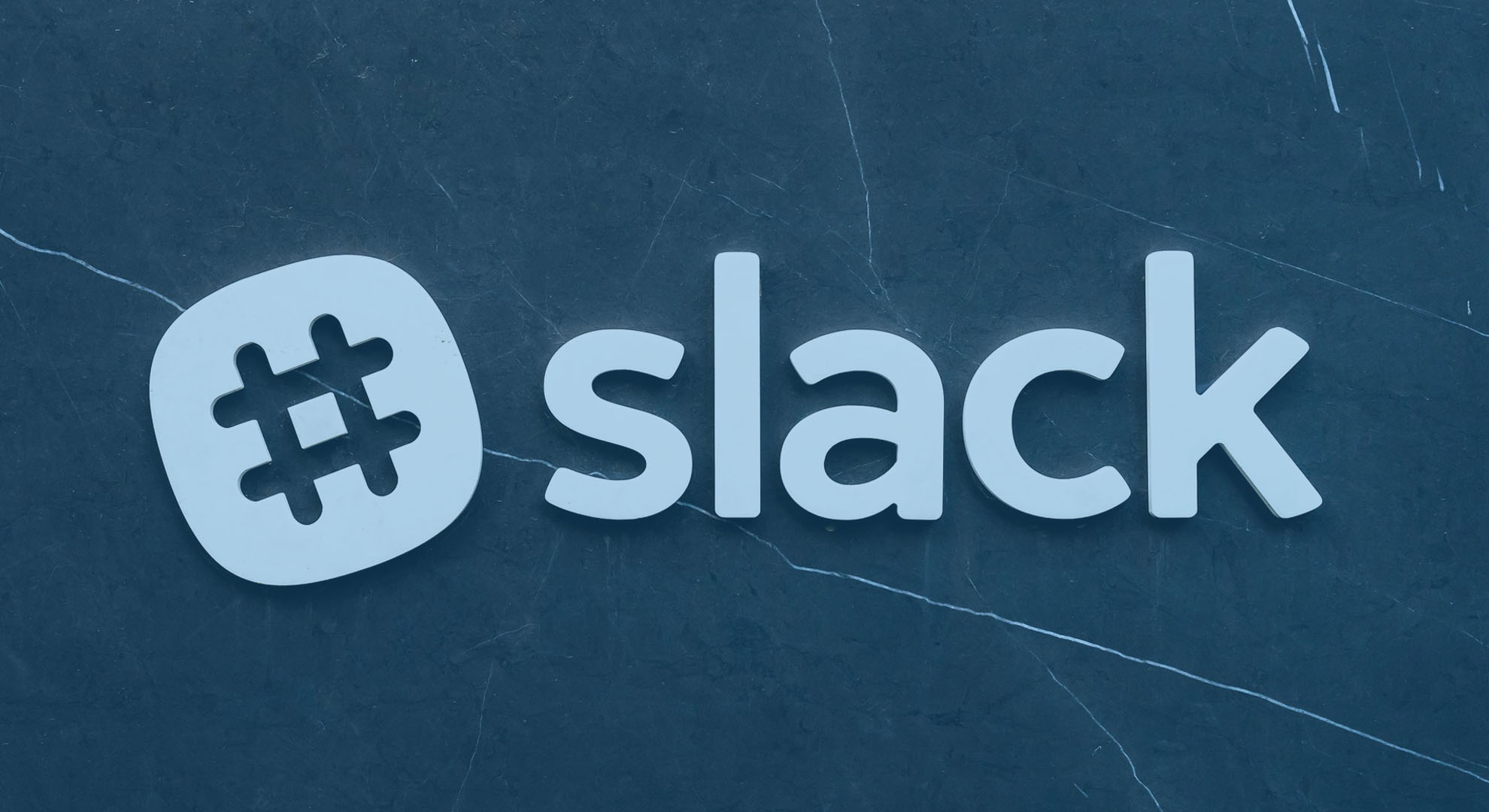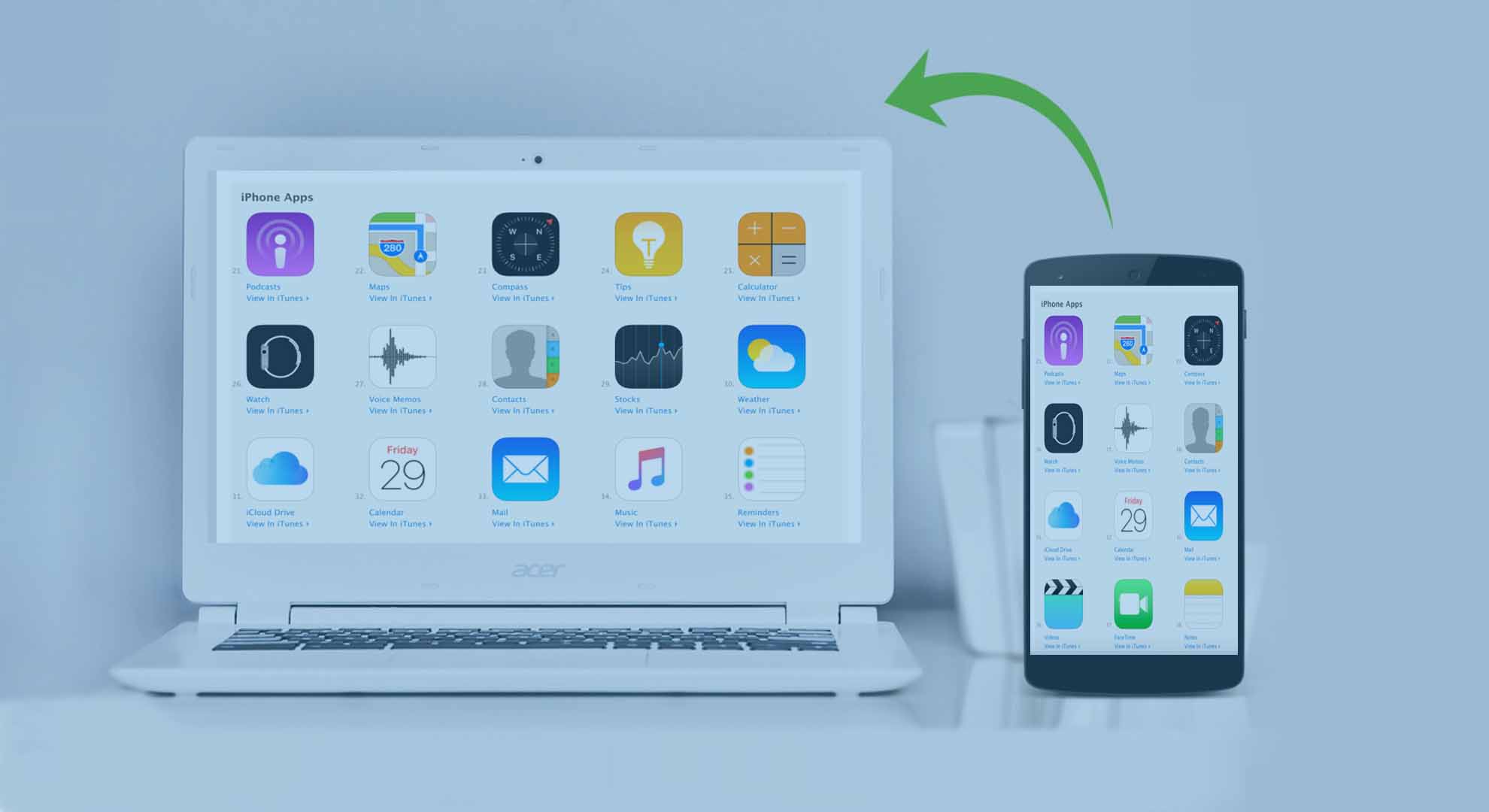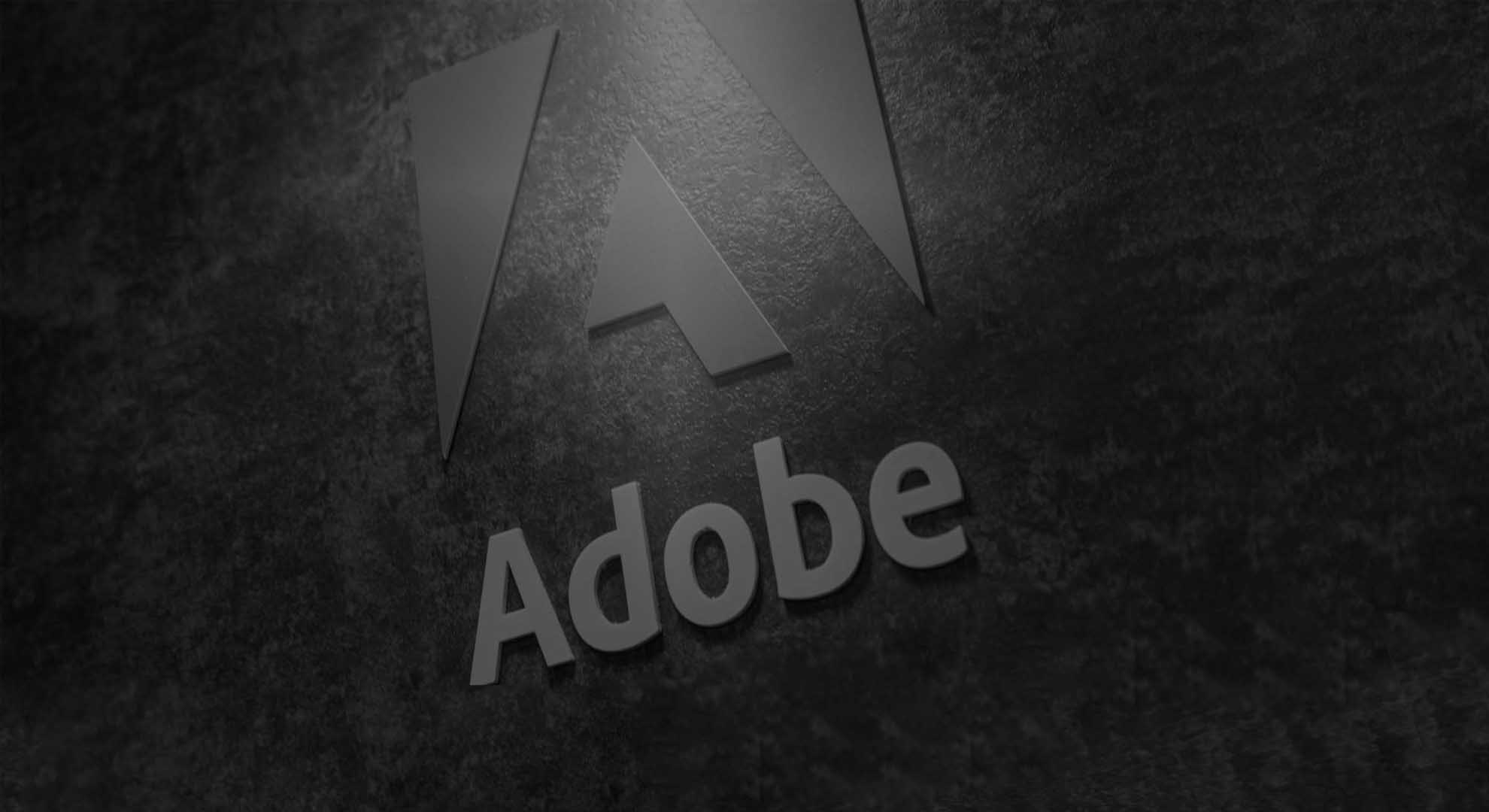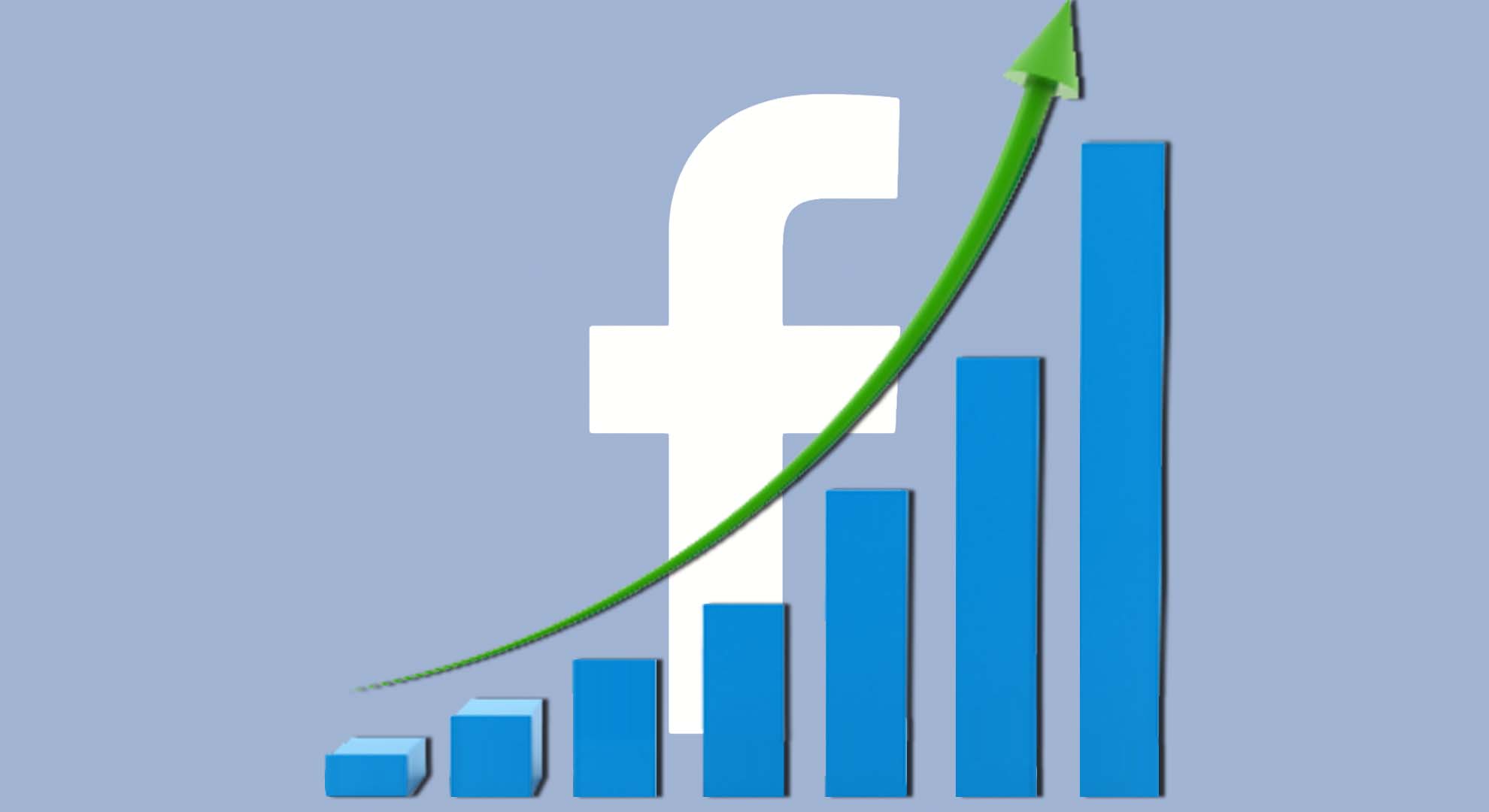Cryptocurrencies are volatile and susceptible to a number of security threats. However, blockchain technology is being utilized in order to protect user data from being altered.
John Zanni, President of Acronis Foundation believes that blockchain technology will be a major disrupter in IT sector in the future, just like the internet has done back in 90’s and 2000. He said that “we started with Ethereum blockchain a few years ago to see how to protect data. Presently, our backup software and storage allows users to authenticate any digital data and put that fingerprint on the blockchain to make sure it can’t be modified.”
Data is the main driver for many businesses in the digital world. However, ensuring data remains safe, private, secure and authentic is a leading challenge.
For instance, in September 2017, Equifax cybersecurity breach conceded sensitive information of half the US population. Approximately, 145.5 million U.S Equifax Consumer’s personal data was accessed by cybercriminals. The company has also verified that approximately 209,000 consumers’ card credentials were extracted in the attack. Moreover, Data Tampering is also one of the biggest challenges faced by many businesses in terms of cybersecurity.
The legitimacy of data is also one of the most important factors when it comes to cyber protection. Serguei Beloussov, CEO, and founder of Acronis told that data could be altered and modified. Blockchain technology can be used so that data can be signed with a digital signature. The digital signature also known as the hash can be stored on private or public blockchain ledger, which is irreversible, making it possible to check if data was altered at any given time.
Blockchain Facilitating User Data Protection
Blockchain technology is normally termed as a decentralized distributed ledger used to record transactions across multiple computers. It can also be seen as a distributed database that upholds a growing list also called as a chain of data transaction records.
Imagine if everyone included in the decentralized system has a copy of the list of transactions. How would it be possible for anyone to modify or make alterations in the data because of the non-existence of official copy? The distributed nature of chain thwarts meddling and modifications, as every action in the blockchain is transparent.
On the contrary, data stored on blockchain can be easily validated, since the security of every transaction is recorded. For example, Acronis to ensure data hasn’t tampered, applies blockchain technology to calculate cryptographic hash or fingerprint that is different for each data file it stores.
This hash is an algorithm that extracts the same output when given the same input file, making it helpful in checking and verifying the legitimacy of the file. Any alteration in the input file results in a different fingerprint. It is because the hash is designed to function only in one direction. Therefore, it is impossible to determine the original file inputs from the outputs alone. Thus making it foolproof and tamper-free.
How Can Blockchain be Functional Today?
Blockchain technology if applied for protecting data tampering in the real world can help in protecting transaction logs, confirming creative work created on a certain date and proving the existence of legal documents.
For instance, a musician who wants to publish music online is worried about plagiarism and security concerns. With the help of blockchain technology, allows the musician to create a backup that contains bits of digital music or material that can be copyrighted. Once the backup is complete, a certificate with cryptographic proof is issued to help any infringement or copyright claim. Original music pieces and creation dates are stored in the blockchain. It helps in confirming that the music pieced created at a certain time was authored by that artist.
Overall, blockchain technology mainly focuses on Fintech and cryptocurrency nowadays. However, the potential of blockchain technology is beyond it and businesses and individuals have to look into how they can benefit from it. The day someone figures out how small businesses can apply blockchain technology in a multitude of applications is the day it will really flourish,” said Zanni.



